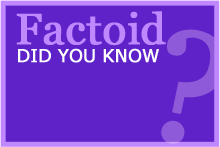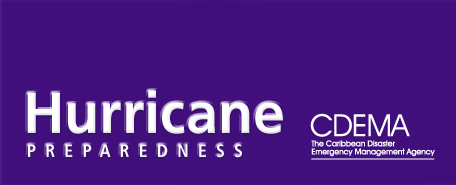|
|
| Caribbean Hurricane Histoty |
|
Hurricanes have been affecting the Caribbean for centuries and since there is no known way to prevent them, we can expect that they will continue to affect these islands for years to come. Every Caribbean island has experienced the direct effects of at least one hurricane, or has had a disturbance in the island’s weather conditions due to a hurricane passing nearby. Historically, the island which has suffered the least due to these natural disasters is Barbados as it is the most easterly island in the island chain, and tends not to be in the direct path of most hurricanes affecting the region. “Dean” 2007, “Ivan” 2004, “Lenny” 1999, and “Luis” 1995 are perhaps some of the most memorable hurricanes to hit the region. For a more in-depth look at historical Caribbean hurricanes visit:
|


























